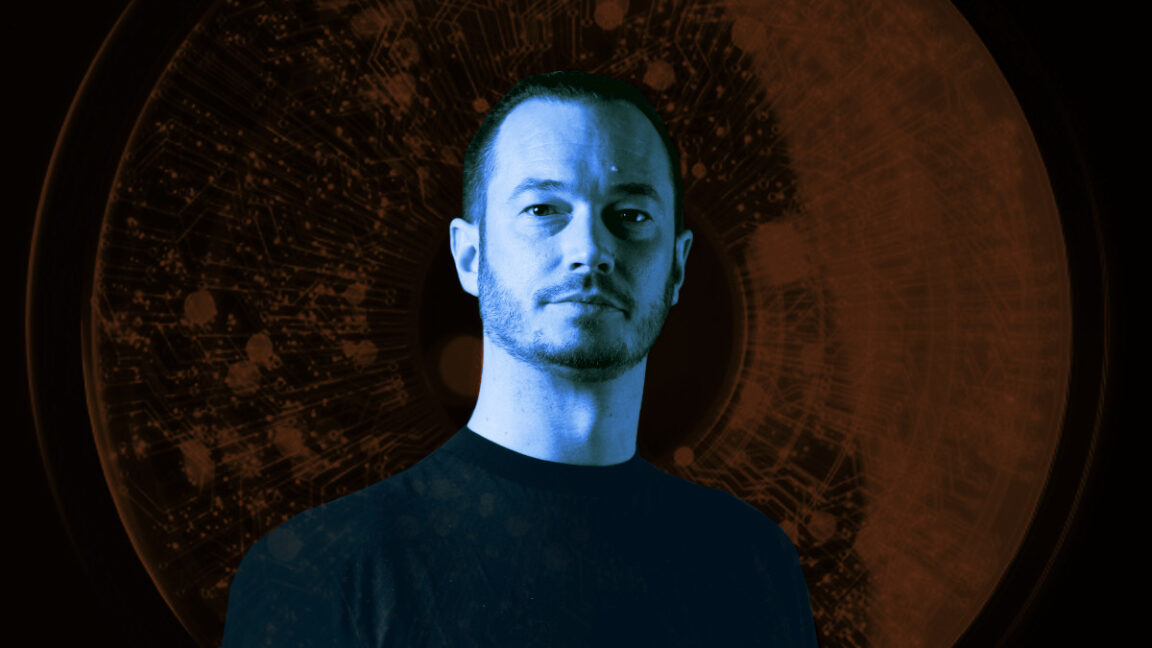Connect with top gaming leaders in Los Angeles at GamesBeat Summit 2023 this May 22-23. Register here.
Beamable unveiled its Live Services Marketplace as a destination for game developers to create and share interoperable backend software that helps them build, grow and operate live games.
Live services games are hot as they keep players engaged with a game for a long time and help titles generate steady and predictable income for years.
“Here’s the problem we are solving. It’s one thing just to throw technology and APIs together. It’s a whole other thing to make these things work with each other,” said Jon Radoff, CEO of Beamable, in an interview with GamesBeat. “We’ve really focused on interoperability and making all of these live services components work with each other and with a common set of data objects.”
>>Follow VentureBeat’s ongoing GDC 2023 coverage<<
Event
GamesBeat Summit 2023
Join the GamesBeat community in Los Angeles this May 22-23. You’ll hear from the brightest minds within the gaming industry to share their updates on the latest developments.
The company made the announcement at the Game Developers Conference in San Francisco. Radoff is going to moderate a session on generative AI at our GamesBeat Summit 2023 event in Los Angeles on May 22-23.
“Our vision is to accomplish for the cloud what Unity and Unreal accomplished with the front-end of game development,” said Radoff. “To do so, we had to create more than a place to download files: we had to create the software interfaces to compose backend gaming software in the cloud–and to interoperate with each other.”
As an example, in a source code project, Beamable is showing a game that is built on its inventory system. It has virtual economy aspects of the mobile platform, and then plugs it into generative AI using Scenario to make all the image art for the items while you’re playing, Radoff said.
“It’s also in a Web3 format so that as you collect an item, it’ll actually mint it onto the blockchain. It shows how you can kind of bring these components together very easily,” Radoff said. “This is just a demo with source code. Anybody could just grab it and start building their own game from it.”
Among the benefits of the platform: Beamable will make it easy for companies to bring generative AI into their games. Companies can use it for the production of a game or in the experience of the game itself. In production, generative AI can help artists churn out more art. And there are games emerging where you can generate the content while the player is playing a game.
The marketplace
The marketplace enables developers to sell or trade interoperable components to address different problems like generative AI or monetization.
“The marketplace discovery piece is nice that, but the important piece is the interoperability that you could, as a game developer, download a component and right away, in Unity or Unreal, you’re building around things that just work well with each other,” Radoff said.
The marketplace is built around components using the Beamable Live Services Marketplace software development kit (SDK). This includes features such as:
- A cloud-native execution environment for running code that is maintainable, debuggable and automatically scalable.
- A “data fabric” for representing the objects that exist in persistent worlds and online game economies.
- A set of off-the-shelf methods for important use cases such as scheduling events and messaging campaigns.
- The Live Services Marketplace is launching with support for a number of ready-to-use integrations, as well as announcements from partners who have announced forthcoming support. Included are examples for real-time interaction (Photon, Foundry), Generative AI (Scenario, Common Sense Machines), analytics forwarding (Amplitude, Amazon S3, Mixpanel) and blockchain (Solana, Polygon, Venly).
Beamable provides a platform for building and scaling the operations of live games, available as both a software-as-a-service (SaaS) version and a “bring your own infrastructure” private cloud deployment.
Radoff’s platform has two parts. One is a self-service software-as-a-service. You sign up on the website, download a plugin for Unity and Unreal, and it is cloud based. The company also has a private cloud, which is geared more toward triple-A developers who want to operate a whole infrastructure inside their own environment.
“We are publishing an SDK for the marketplace. Our goal isn’t to be the developer who builds all of these integrations for everybody in the world. We’ve done that, in some cases, to be clear. But what we normally expect and what some of the launch partners are doing is just building that themselves off of the the SDK,” Radoff said. “All that stuff is publicly available, anybody can work with it. And when they do, it makes it very easy for them to ship a component. But the high level vision here really is to just do for the backend what Unity and Unreal have done for the front end of game development.”
Radoff said that asset stores like Unity’s and Unreal’s work well because you can download components and expect them to work together for front-end game development. But for the backend, that piece, dubbed composability, has been missing.
“When we add another blockchain, someone would have to build the connector between the live services marketplace SDK and that particular blockchain. We’re publishing source code for a lot of these things. We released a connector, including all the source code for Solana, for example. So Solana developers could just build a build a blockchain game without having to do anything server side. And we’re shipping the same thing for Polygon.”

The platform is tightly integrated with Unity and Unreal game engines, enabling game developers to focus on the creativity and differentiation of their products. Led by a team of game-industry and software
veterans, Beamable is based in the Boston area, and has raised $14 million from investors including Permit Ventures, Companyon Ventures, GrandBanks Capital and Defy.vc. Beamable has about 20 people.
Beamable wants to be an enabler.
“The vision I have for Beamable is to make it incredibly easy to build any game of any scale. We’re all about amplifying creativity,” Radoff said. I see a day down the road might be a few years from now. But an individual developer could sit down and they make an Elden Ring by themselves, or they make a EVE Online by themselves. To do that, you need a lot of content. You need to also stand up entire server environments like the backend for managing millions of users and their accounts, and the plugins and connections between all these creative components like generative AI that can actually let you build that stuff quickly.”
There are rivals out there like Microsoft’s Playfab, Accelbyte and Pragma. Radoff said his company is trying to build a cohesive workflow to pull together things that will work well together. The company shipped version 1.0 of its platform a year ago and it has about 40 games live and thousands of developers who have signed up for its platform.
“We focused on the workflow and DevOps pieces and then getting things to scale automatically, and let everything talk to each other in an intelligent manner. So you don’t have to figure out how to adapt all of these components to each other,” he said.
GamesBeat’s creed when covering the game industry is “where passion meets business.” What does this mean? We want to tell you how the news matters to you — not just as a decision-maker at a game studio, but also as a fan of games. Whether you read our articles, listen to our podcasts, or watch our videos, GamesBeat will help you learn about the industry and enjoy engaging with it. Discover our Briefings.





















Discussion about this post